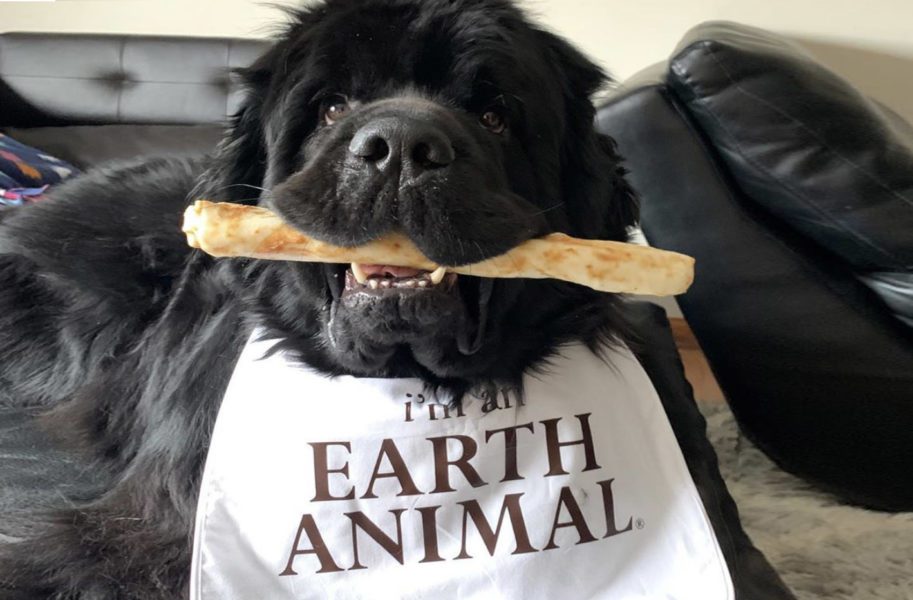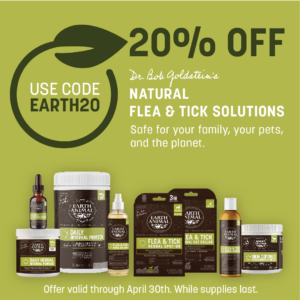New Year, New Animal Companion
It’s that time again: time to set goals and make resolutions for a new year. Given all the challenges of 2020, most of us are especially looking forward to saying so long to the past twelve months and ringing in 2021 with gusto. For many of us, all of the staying home this year added a few inches to our waistlines, so in addition to simply welcoming the new year, we are also setting goals to lose weight and be more healthful. As we set our health and weight loss goals, let’s not forget our companion animals. It can be as easy for them to pack on extra pounds as it is for us, though we may not always realize when they are overweight, and that can cause a variety of health problems for our furry friends. One study found that most people living with obese companion animals had no idea that their animal had a weight problem (PetMD). Since being overweight can lead to disease and early death, it is important to know where our animals fall on the healthy weight spectrum and to set healthy weight goals and work towards achieving them. What better time than the new year to embark on a good health journey with our animals that will benefit both of us with extra health and longevity?
Visit the Vet
Your veterinarian will help you to understand the optimal weight for your animal depending upon his body frame and breed. If you have a dog, this number will vary significantly according to breed. Most cats, however, typically should weight around ten pounds. In order to determine your cat’s ideal body weight, visit your veterinarian for a check-up and ask for a “Body Condition Score” (PetMD). This score will be determined by your veterinarian’s evaluation of your cat’s frame, muscle mass, and breed norms. If your veterinarian suggests that your animal companion needs to lose a few pounds, then be sure to include him in your New Year’s weight loss resolutions.
Best Practices for Animal Weight Loss
Just like human weight loss, animal weight loss should be achieved slowly. Going too fast can cause more harm than good. It is also very important to work with your veterinarian on your companion animal’s weight loss plan in order to determine the best and safest way to help your animal become leaner. Before starting your animal on a special weight loss food or restricting calories by reducing his regular food servings, talk with your veterinarian about choosing the best food options, portion sizes, and schedule for feedings.
There are basically two best options for feeding for weight loss: a high fiber/low fat diet or a high protein/low carbohydrate diet (PetMD). Both of these options reduce calories while helping your companion animal to avoid feeling hungry. This is important because you want to reduce your animal’s calories slowly while ensuring that he feels satisfied so that he doesn’t lose weight too quickly or develop behavioral problems from hunger.
Once you and your veterinarian have determined what and how much to feed your animal, be sure to also ramp up his exercise. Try finding ways to exercise together. This will not only increase calorie burn for both of you, but it will also help strengthen your bond. Have your cat chase a ribbon or laser that you move while running around, get down on the floor and swat a ball of yarn together, or try cat yoga where she explores you and your mat while you do a series of yoga poses. With a dog, you can go for long walks or runs, hike new trails, or play catch and fetch.
If over-treating is one of the problems that has led to your animal companion’s weight issues, consider using a treat ball or puzzle to treat without giving too much food. If your animal companion has to figure out how to get to the treat before actually getting to eat it, she will be slowed down and thus eat less. It will also provide him with physical and mental exercise, both of which will benefit his health and longevity.
As we begin what is likely one of the most anticipated new years in recent history, it is a great time to take stock of our lives and resolve to focus on health and longevity, both for us and our animal companions. By focusing our attention on health and wellness, we can spend many more years full of vitality and vigor with our animals. Cheers to a happy and healthy 2021 and beyond!







